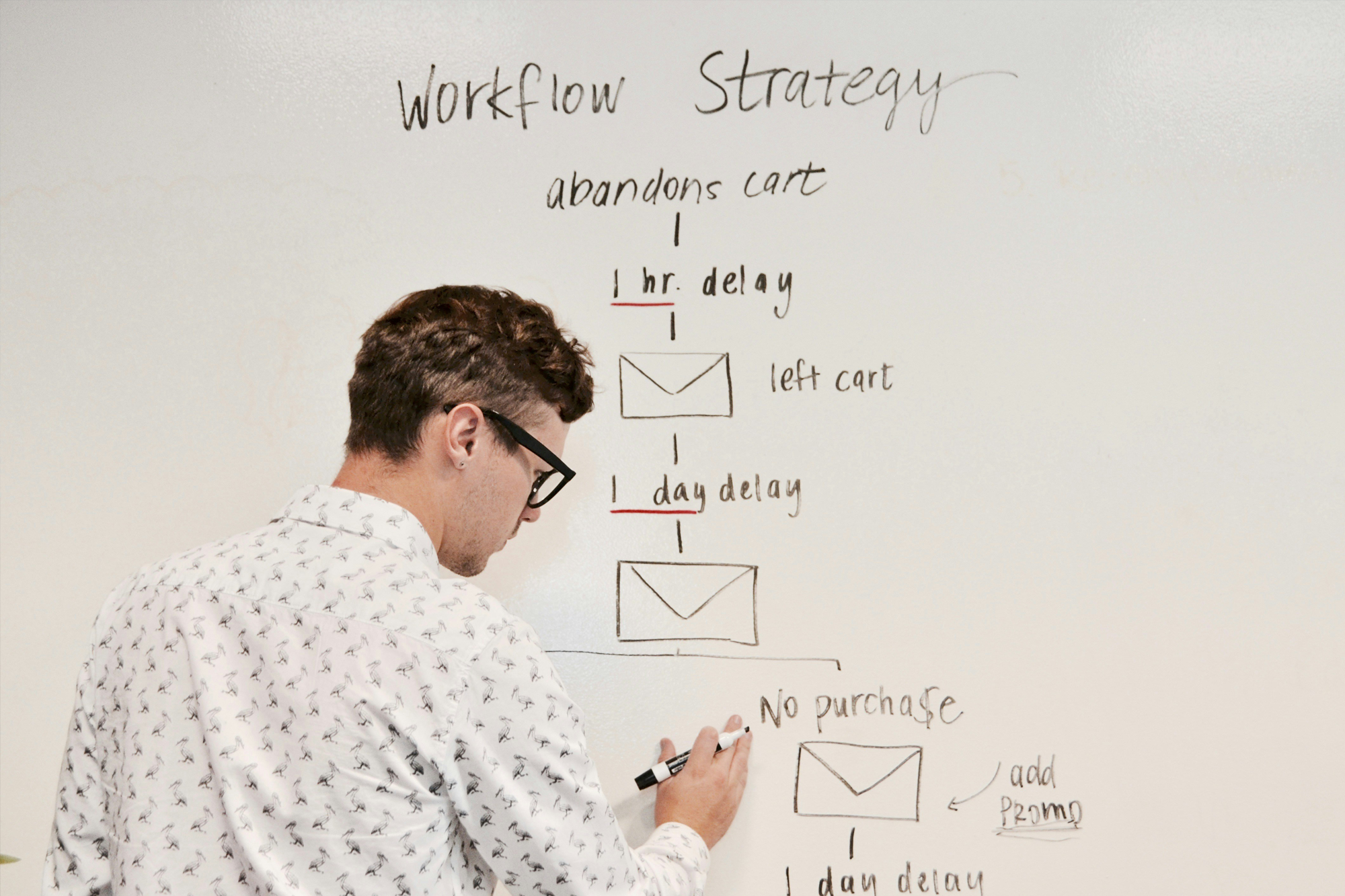
So what do you do, exactly?
It’s a question all facilitators get – from friends, from family, from new connections at networking events … There’s not an easy way to describe group process facilitation – especially if someone has never worked with someone like me. But here’s a closer look of what my job is and isn’t.
What’s your organization looking for? This quick list might help get you closer.
- For facilitators
If you’re a facilitator, I invite you to take a look and see if you find it to be true in your own experience (are there any I missed that you encounter?).
- For prospective clients
If you’ve been told your group might benefit from facilitation, but aren’t quite familiar with the process, I’m hoping these descriptions help give a better picture of what we do, what we don’t do, and the value we can ultimately bring to your group.
A quick note
Please keep in mind, it’s never a bad thing to ask a question. So, even if you got it wrong – don’t let that stop you from asking a different one! Keep asking away.
I’m happy to share and curious to hear what you think and always happy to explain more about what I do. Here we go.
Facilitation is NOT…
Counselling
I get this question a lot. People ask me often whether I feel like an Oprah or Dr. Phil when groups are sharing difficult truths, grievances, frustrations and the like.

And it’s true, many of the exercises I lead participants through can feel therapeutic, simply because it gives a space and a process for people to talk about topics or opinions that perhaps aren’t often sought – or as openly received as they are during a facilitated workshop.
Yet, here’s the big difference between my work and those professionals who offer professional counselling advice: I do not deliver feedback.
Through careful questions, I open the floor for people to speak and act as a neutral observer, repeating back what I’ve heard to make sure I’ve understood. Sometimes I’ll ask the group to repeat back what was said to ensure the group understands. At no point am I weighing in with my opinion or in judgement of what has been said.
In this way, facilitation is a bit more like coaching, encouraging a group to work together to arrive at their own unique solutions or end points.
Consulting
I’ve written before about the differences between what I offer and the services a consultant can bring to an organization.
Consultants are hired for their knowledge and expertise in a particular field. The consultant often goes into an organization to discover the organization’s circumstances and then offers their assessment of the situation and skills to address. Instead, I’m hired to help teams discover their own thinking.
Crowd management
If there are a few “strong personalities”, that round out a team and seem to be paralyzing progress, I’m often asked to help bring the naysayers on-side.

Oh, dear! What a responsibility, to transform a vocal dissenter into a compliant team-player. Unfortunately, no, I cannot offer this service.
But. (Don’t worry, there is a “but.”)
Instead, I create processes that create space for everybody else. So those loud, scene-stealing, types aren’t erased or transformed, but rather, come into context, as everyone else (even the shy, quiet types) are given a time to speak, and have their chance to own the conversation.
When you create this type of situation, everybody else gets louder and the “loud voice” becomes noticeably quieter simply for lack of airtime.
Interestingly, the so called “loud voice” are often loud because they don’t feel heard. So really demonstrating that I have heard them goes a long way as well.
Bringing a group to a pre-decided endpoint
Similar to the above point, I’m not a wrangler. Sometimes a client will approach me to let me know s/he has already made a decision and needs someone to help bring all others on-side, to bridge the understanding and pave the way for a new world.
This is awkward. If the decision is already made and we’re pretending that it’s a participative decision, then it is better if I walk away. It goes against my ethics to run a manipulative event.

If, however, the decision is not fully made and there is genuinely a role for the group in making the decision, then I create process that allows the group to participate within the defined boundaries, acting as the neutral process support to get there.
Another alternative, if the decision is made and we need to group to understand the decision, why it was made and explore implications and impacts or perhaps begin planning for implementation – then this is also a great role for a facilitator. What we aren’t doing is “forcing compliance”.
Training
This is a bit of a fine line. Yes, you can use a facilitated process to help people discover a new topic or subject area, and there is definitely such a thing as a facilitative trainer, but no, I myself am not an expert in a subject or here to help others learn how to perform a new task.
(Unless the topic is facilitation – in that area I am qualified as a formal trainer!).
I remain neutral on all content. If there is a subject matter expert present, who needs help leading a group through a certain type of process, I can aid in that journey, but the content will never be a facilitator’s to own or pass along.
The bottom line
Ultimately, I can help groups come to a resolution around a problem, area of tension, or difficult question. But I’m not counselling, training, executing crowd management skills or manipulating a group to do it. Facilitation is about offering good process that taps the wisdom of the group, enables the group to discover its thinking, and lets the group itself discover that they had the answers all along. And honestly? I can’t think of a more rewarding job than that.
Parsons Dialogue is based in Calgary, Canada, serving clients across North America. We design and facilitate strategic processes that help teams collaborate with clarity and confidence.








